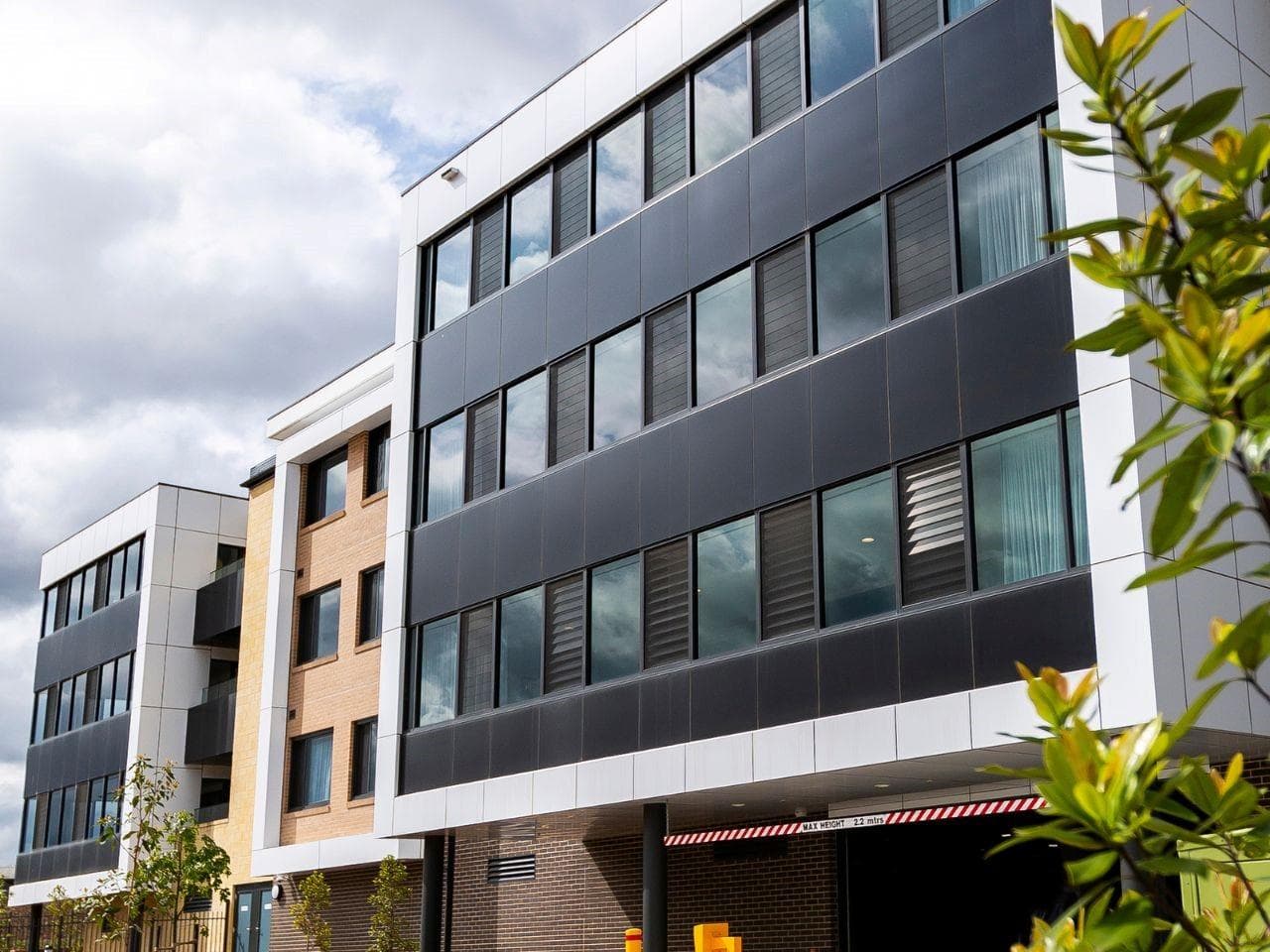Recladding a Building: 8 factors Strata Managers should consider before starting the process
A comprehensive list of key factors Strata Managers need to consider before recladding a building to achieve excellent long-term results.
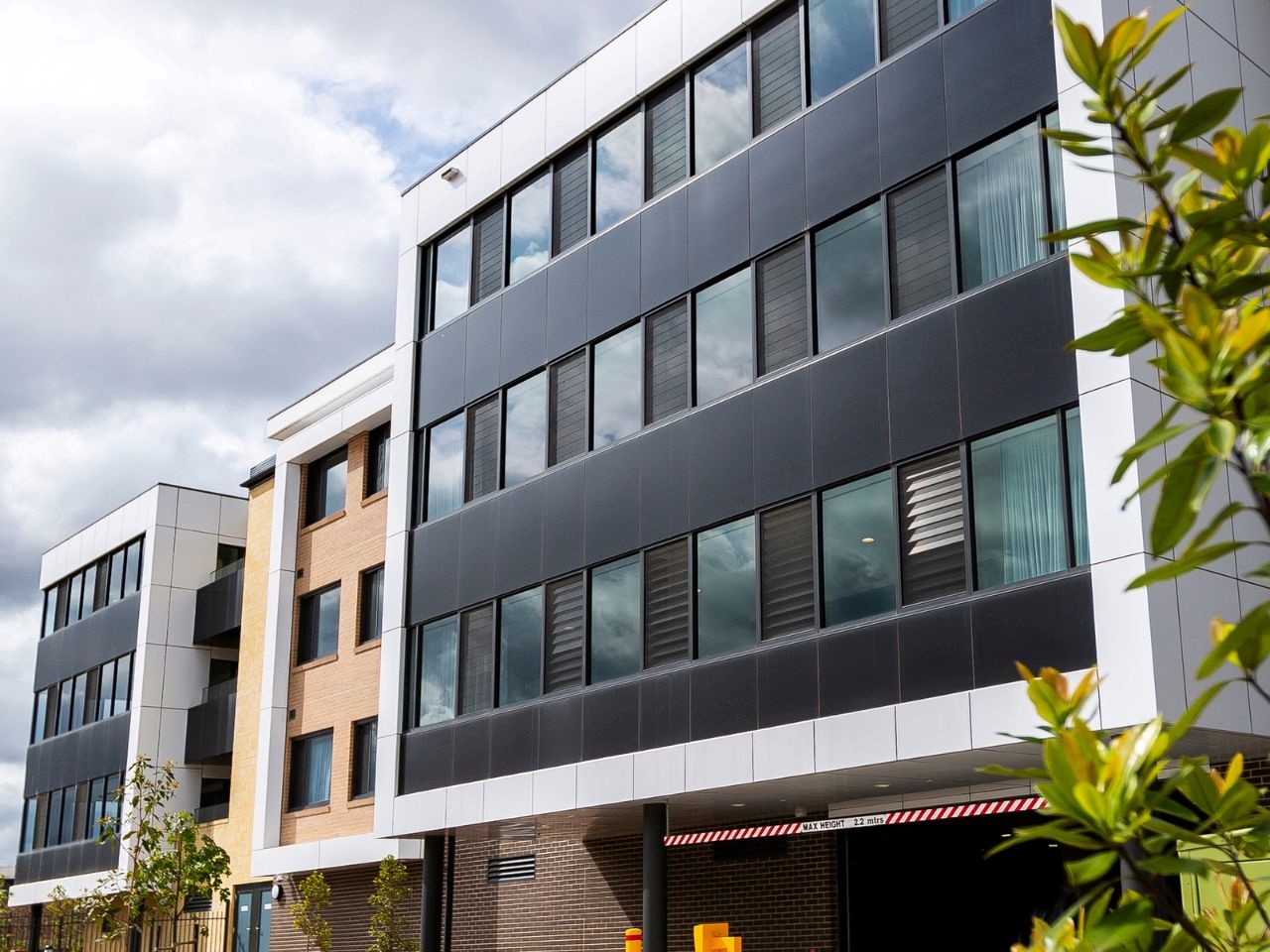
As a Strata Manager, your goal is to ensure the residential and/or commercial buildings you manage remain compliant, well-maintained and safe.
In our previous article, What is Recladding and When Do You Need To Consider It?:
- We identified recladding as an appropriate solution that can help you improve the aesthetics, functionality and energy efficiency of a property.
- Through recladding, you can breathe new life into the exterior facade walls of your building and make them more resilient against extreme elements in the environment.
- Recladding can also enable you to remain compliant with the tightening cladding regulations, especially for .
However, while recladding offers these advantages to protect both the structure and the occupants of your building, the overall recladding process that comes with it may not be as simple as you expect.
There are a lot of factors to consider to ensure recladding success. So, let’s discuss what you need to take note of to ensure a successful cladding outcome.
8 factors to consider before recladding a building
Just like any other major building renovation, recladding is an investment that adds value to a property when done correctly.
To achieve long-term recladding results, you need to make well-informed decisions right from the beginning of the recladding process.
For your guidance, here is a list of key factors to consider to help you thoroughly prepare.
1. Australian recladding state laws
Recladding is an opportunity not just to enhance the look of your building, but also for you as a Strata Manager to meet the evolving state laws and regulatory requirements – especially when it comes to fire safety.
For instance, in NSW, cladding products which consist of more than 30% combustible material are now deemed illegal. Other states are similar or have some variance on this – however, the goal to reduce fire risk remains the same.
To ensure your building remains cladding compliant, you must be up to date with jurisdictional regulations around flammable cladding cores and fire-resistance capabilities.
At Network Architectural, we offer ALPOLIC™ NC/A1 to address this concern. As the world’s safest aluminium façade product, ALPOLIC™ NC/A1 has been scientifically proven through real fire tests around the globe.
2. Recladding steps and building experts involved
Recladding is not something you do on a whim. The process will require you to invest time and money, as well as seek the expertise of building specialists.
There are also a lot of steps involved which include:
- gaining local government council approval
- hiring a qualified fire engineer to perform an official cladding assessment
- engaging a principal contractor or builder to provide a recladding quote on the possible costs
- bringing on board qualified façade engineers
- getting the necessary certification and paying associated fees
- preparing all the access needed to replace existing cladding with a more compliant alternative such as ALPOLIC™ NC/A1.
3. Recladding cost and warranty
Recladding is an expensive process – the total recladding cost often includes fees for the contractor, builders, consultants and council, as well as payments for engineering certifications.
The amount you’ll have to budget for recladding depends not just on the size and location of your building but also on the amount of old, dated or combustible cladding that needs to be replaced.
In addition, something else that is often overlooked but should be factored in is what is actually behind the cladding. In a lot of cases, depending on the age of the building and quality of installation, the framing, top hats, insulation and sarking may also need to be replaced.
With recladding being a significant strata fund investment, it’s important for Strata Managers to also take into account the possible life cycle cost of the new cladding panels too. After all, no one wants to pay an expensive upfront recladding cost just to incur pricey repairs and ongoing maintenance expenses in the future.
Fortunately, the ALPOLIC™ NC/A1 we supply has an industry-leading 20-year full replacement manufacturer’s warranty backed by ALPOLIC™ by Mitsubishi Chemical Infratec Co., Ltd. Its cladding warranty covers material, labour and rectification costs for faulty material, allowing you to get the most value from your money – now and long into the future.
4. Recladding time frames
Recladding your building can’t be completed overnight. Several inspections and remedial works must first be completed to ensure the longevity and quality of the new cladding on your buildings.
To get more clarity regarding time frames for your stakeholders, it’s best to consult with your chosen recladding builders and engineers. This way, you’ll also be able to effectively compromise with landlords and tenants who might be disrupted by the recladding process.
5. Recladding material choice
From your cladding contractor, builders and engineers all the way to the Body Corporate, everyone involved in the project must agree on what cladding material to use in the recladding process.
While there are various cladding options available in the market, finding a fire-safe and fully compliant alternative to combustible cladding should be your top priority.
At Network Architectural, we provide Strata Managers, Body Corporates and Building Owners with ALPOLIC™ NC/A1 that has not only been tested to AS1530.1, AS1530.3 and AS5113 but has also been CodeMark Certified to Building Code of Australia (BCA) Standards.
This is also an approved product on Project Remediate NSW.
6. Recladding disposal, recycling and sustainability
As part of your recladding process, you must also have a plan as to where and how the old, dated or combustible cladding materials can be safely disposed of. Unfortunately, there are only a few facilities that accept combustible cladding waste.
However, fortunately, taking care of the environment is easier with aluminium composite cladding products like ALPOLIC™ NC/A1. Its manufacturer, ALPOLIC™ by Mitsubishi Chemical Infratec Co., Ltd, is leading the market in sustainability with an Environmental Product Declaration (EPD) by Good Environmental Choice Australia (GECA). ALPOLIC™ by Mitsubishi Chemical Infratec Co., Ltd Group Corporation was also ranked 4th in global sustainability ratings issued by S&P Global in 2023.
Additionally, at Network Architectural, we have partnered with PanelCycle to recycle all the Aluminium Composite Panels that need to be removed in a recladding project.
7. Body corporate
As a Strata Manager, you have to constantly keep each property’s Body Corporate in the loop about your plans with recladding. You must also present all options and the information needed so that they can make a sound decision when voting to approve budgets and choose the best recladding option for the building.
As the Body Corporate will ultimately be the ones that approve a recladding project, make sure that all the benefits of the project are clear to them. For example, you can explain that using an aluminium composite cladding panel like ALPOLIC™ NC/A1 provides a high level of fire protection, as well as weather and impact resistance and superior flatness.
8. Independent industry bodies
To ensure the success of your building recladding project, you may consider requesting the additional support of relevant, independent industry bodies that can advocate not only for your best interests but also for the owners and residents.
For instance, at Network Architectural, we have established partnerships with the Owners Corporation Network (OCN) and Australian Apartment Advocacy (AAA). Together, we aim to inform people about the ins and outs of recladding, as well as assist you in sourcing the recladding products you need.
In fact, the OCN and AAA recognise the superior quality ALPOLIC™ NC/A1 offers. Introduced solely for the Australian construction market, it has the best possible safety rating with the Insurance Council of Australia.
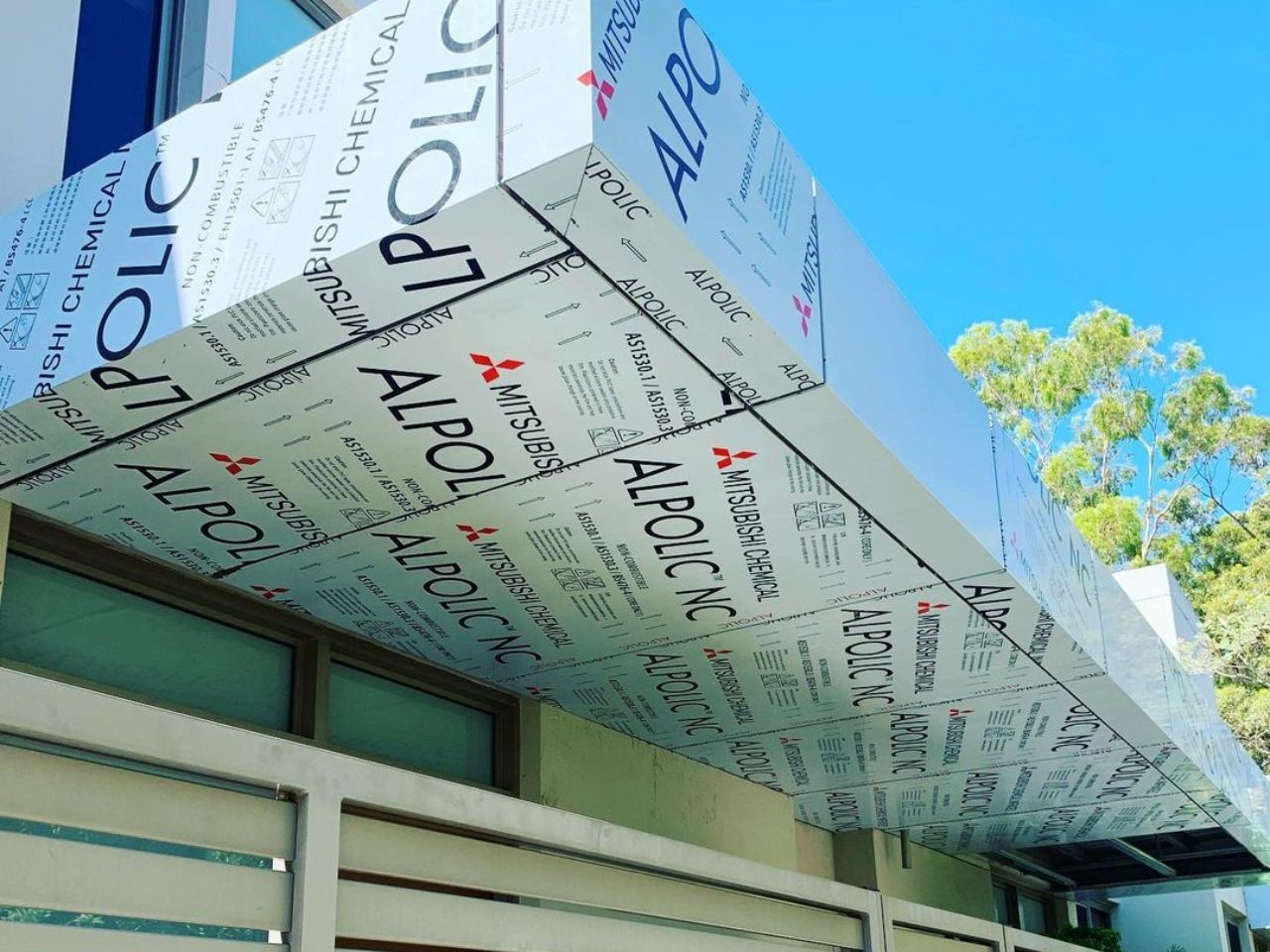
Recladding success is about making the right choices
Now that we have outlined the key factors you must consider before recladding a building, you’ll be able to prepare effectively and make smarter decisions when selecting the most effective recladding option.
Nevertheless, if you have any more questions, you can always reach out to our team of cladding specialists here at Network Architectural.
So, are you ready to reclad your building?
Whether you have more questions about recladding or you’re looking for the right recladding solution, we’ve got you covered.
As always, it’s best to seek the expertise of a trusted and well-established cladding supplier that can provide you with the highest standard of cladding products.
At Network Architectural, we provide a large range of cladding products, all backed by large and reputable companies that provide manufacturer warranties like ALPOLIC™ by Mitsubishi Chemical Infratec Co., Ltd.
For further information on our cladding offers, please don’t hesitate to contact us.
We can’t wait to become your partner to success for all your building and construction projects.
Related Articles

Understanding Facade Warranties: What Designers Should Ask Before Specifying Cladding
Warranties are often overlooked until problems arise, but they are one of the most important safeguards in façade specification. This white paper helps designers understand what is really covered, what is not, and the right questions to ask before signing off. Learn how to assess warranty terms, minimise project risk and protect long-term façade performance.
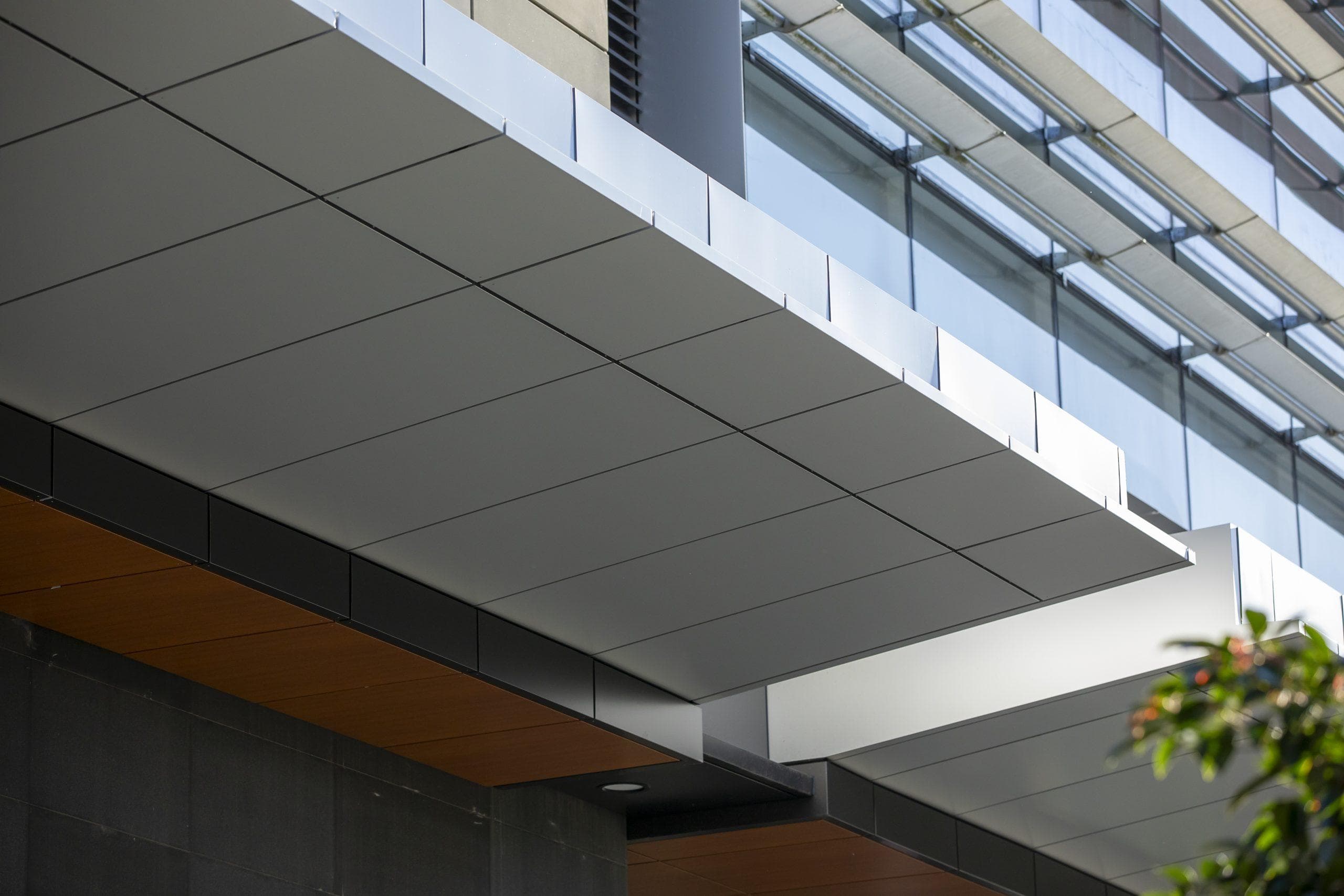
A declaration is a disclosure, not a sustainability guarantee: Network Architectural debunks the EPD myth
Environmental Product Declarations (EPDs) are invaluable for transparency, but they don’t automatically make a product sustainable. As Llewellyn Regler explains, EPDs are disclosure tools, not guarantees. This article unpacks the myth, showing why specifiers must look beyond the label to durability, maintenance, lifecycle cost and embodied carbon to achieve genuinely sustainable outcomes.
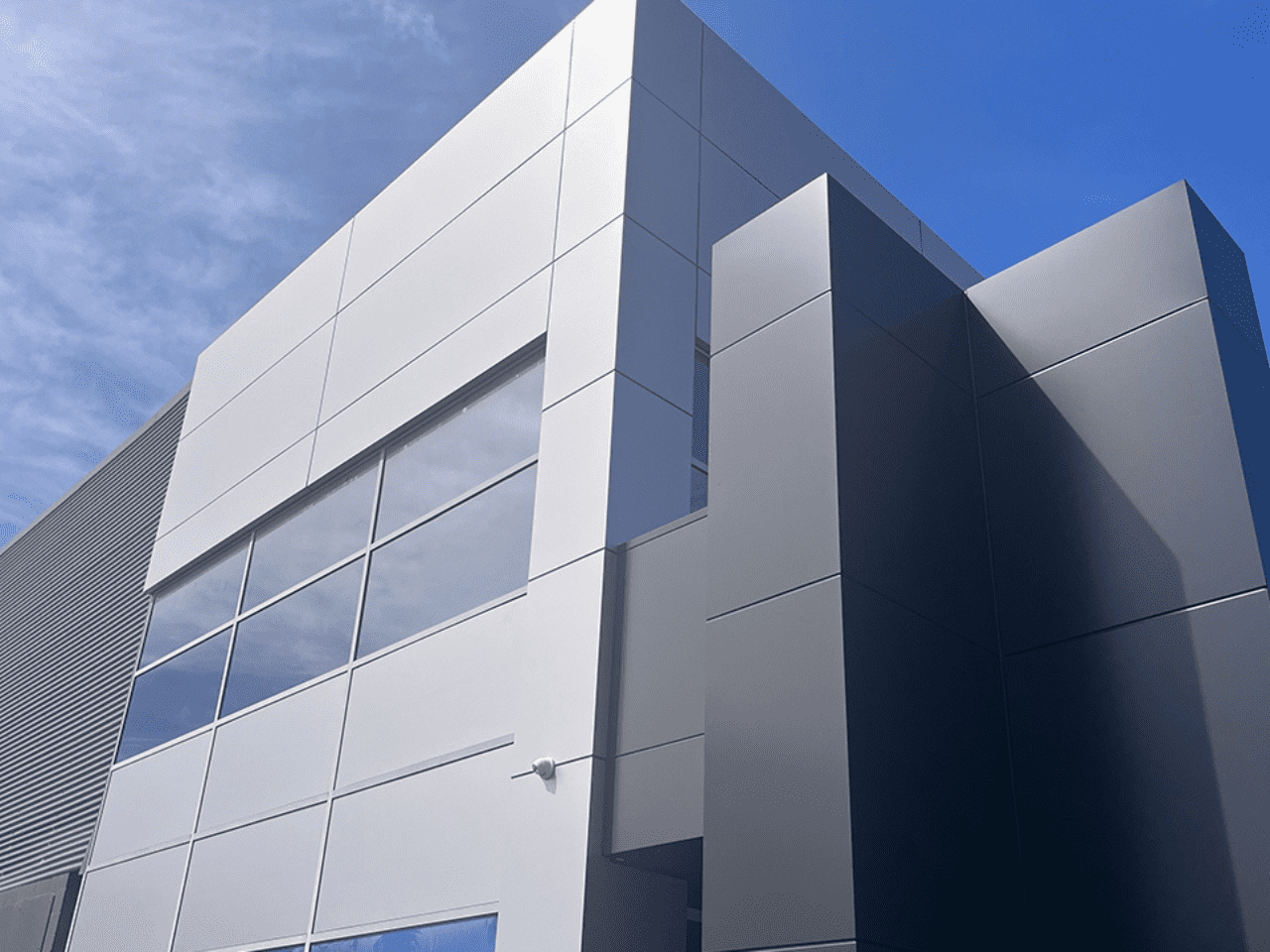
Specifying sustainable aluminium: Understanding the real environmental footprint of façade materials with LCA
Life Cycle Assessment (LCA) is fast becoming a must-have for architects navigating embodied carbon caps and stricter procurement standards. Yet, not all aluminium cladding is created equal. In this article, we break down how LCA helps specifiers cut through assumptions, compare Environmental Product Declarations (EPDs), and make sustainable, evidence-based design choices with confidence.
